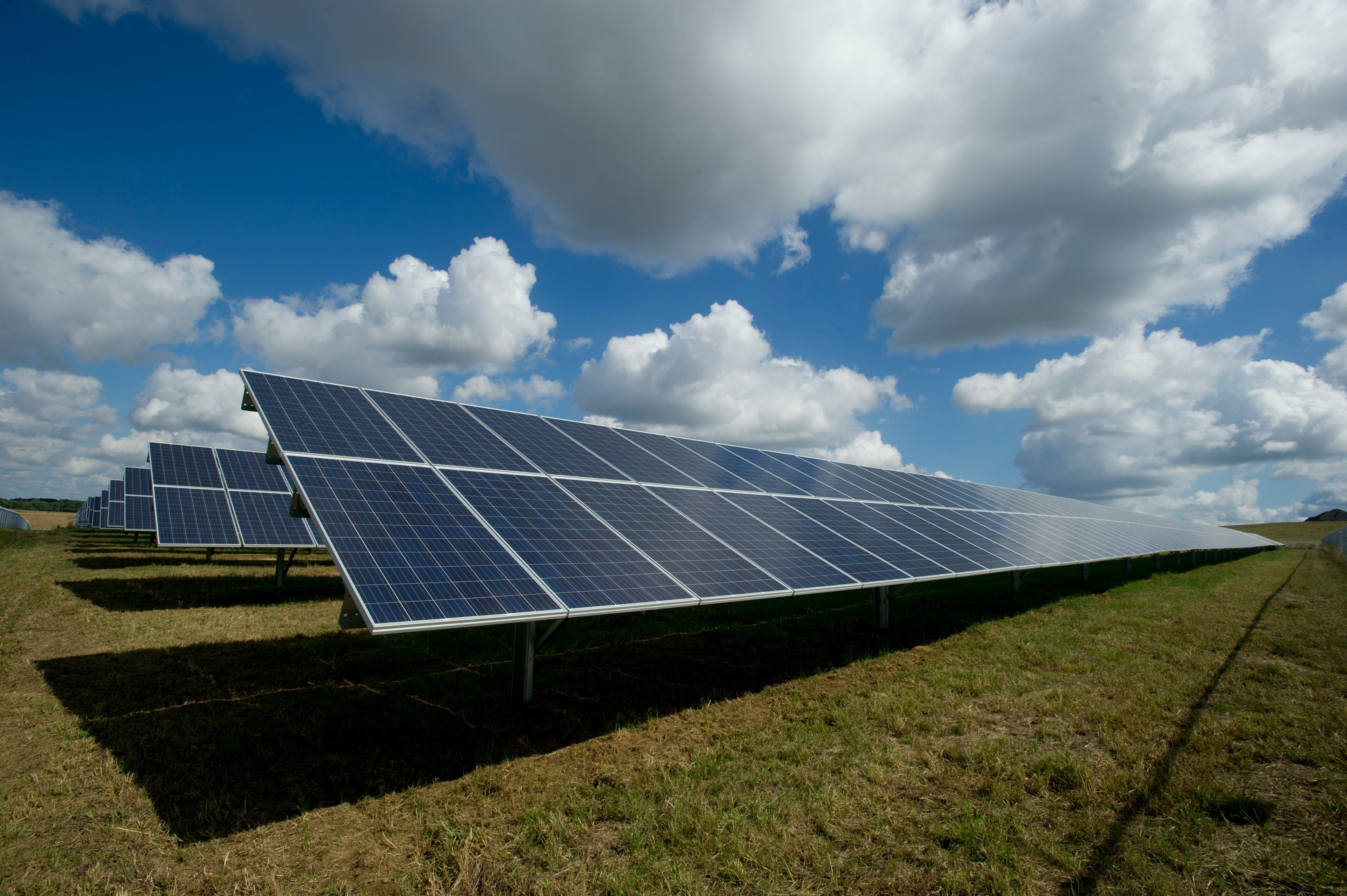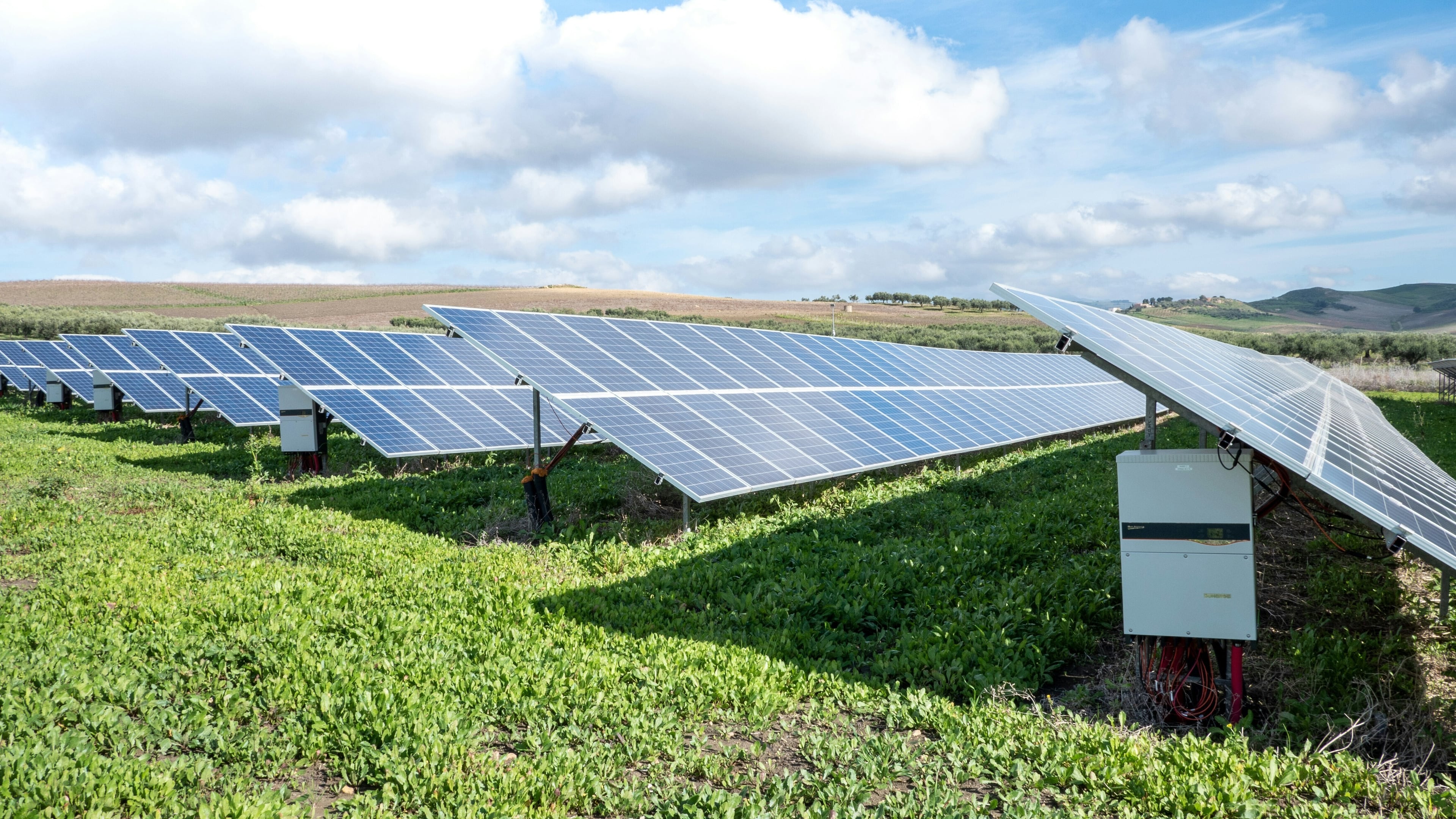Transforming Energy Demand

In this paper, the Transforming Energy Demand initiative outlines actions for businesses and countries to enhance energy management, efficiency and carbon intensity reduction. It highlights commercially beneficial levers, implementable with existing technologies, to impact the transition significantly.
In this paper, the Transforming Energy Demand initiative outlines actions for businesses and countries to enhance energy management, efficiency and carbon intensity reduction. It highlights commercially beneficial levers, implementable with existing technologies, to impact the transition significantly.
Adopting measures for energy-efficient output and service delivery is essential for businesses and countries to sustain economic growth and achieve net-zero goals.
As the global population and energy demand rise, particularly in developing markets, implementing public policies and fostering value chain collaborations are key to managing energy consumption and reducing carbon intensity. This will help mitigate energy costs and supply issues and unlock commercial benefits, thereby accelerating the transition. At COP28, over 120 countries committed to doubling the pace of energy efficiency improvement, necessitating concrete, realistic plans.
Further reading
All related content 

The world added 50% more renewable capacity last year than in 2022
How much is global renewable energy capacity increasing and what must happen to achieve the COP28 pledge to triple clean energy capacity by 2030?

How Davos 2024 set the agenda for accelerating the energy transition in a fair and cost-effective way
The green energy transition must be equitable and fair, with capital directed to the most needed. If done right, we can save trillions and triple clean energy.

Retrofitted buildings are key to the energy transition. 5 ways to unlock progress
For a successful energy transition public/private cooperation on buildings is key to funding retrofit programmes and to secure green building uptake.